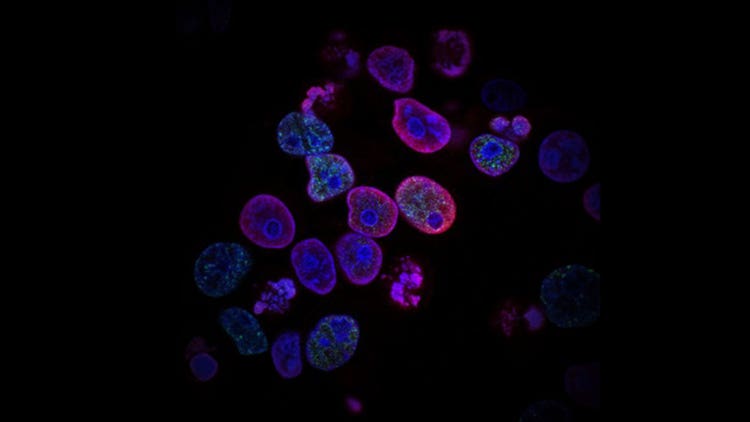A majority of drug candidate failures occur at the advanced stages of drug development or during clinical trials. These failures are a result of insufficient predictive capabilities in drug discovery and from conventional cell and animal model systems used for screening. Compared to these conventional models, 3D cultured, human iPSC-derived organoid models resemble human tissue structures and exhibit a more relevant response to drug compounds. There is massive potential for organoids to revolutionize drug screening. These human-relevant models are new and not yet widely adopted due to key challenges that must be overcome for widespread use.
Because 3D cell culture and cell-based assays are more complex than 2D methods, one major challenge is ensuring data reliability and reproducibility of screening protocols. A high degree of hands-on work makes scaling screening procedures difficult. To unlock the full potential of organoid models in early drug screening, it is important to address these challenges with comprehensive automation solutions with adaptable processes driven by machine learning.
Anchor to Automation
Automated 3D cell culture systems can make early screening of drug candidates using organoids models more practical. Capabilities such as machine learning-assisted monitoring, feeding, imaging, and culture scheduling, contained within the revolutionary Molecular Devices CellXpress.ai Automated Cell Culture System, can make 3D cell culture and cell-based assays reliable and reproducible. The amount of hands-on work required to continually culture and analyze 3D organoids is a critical pain point and hurdle that must be surmounted to make human organoids an industrial-scale model for drug screening.
Automating 3D cell culture can reduce barriers to organoid adoption within early drug discovery, potentially reducing future drug attrition rates, augmenting drug discovery and accelerating the development of life-saving therapies. Contact an expert at the Life Sciences companies of Danaher Corporation to learn more today.
Enabling Earlier, more Relevant Screening with Organoids
